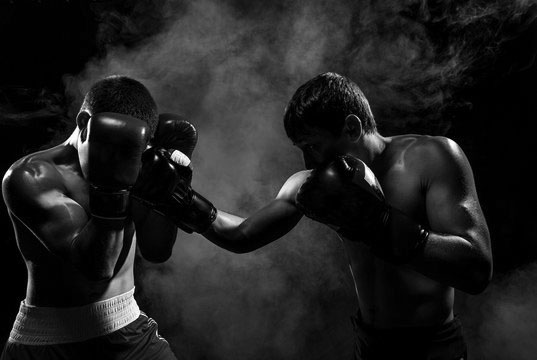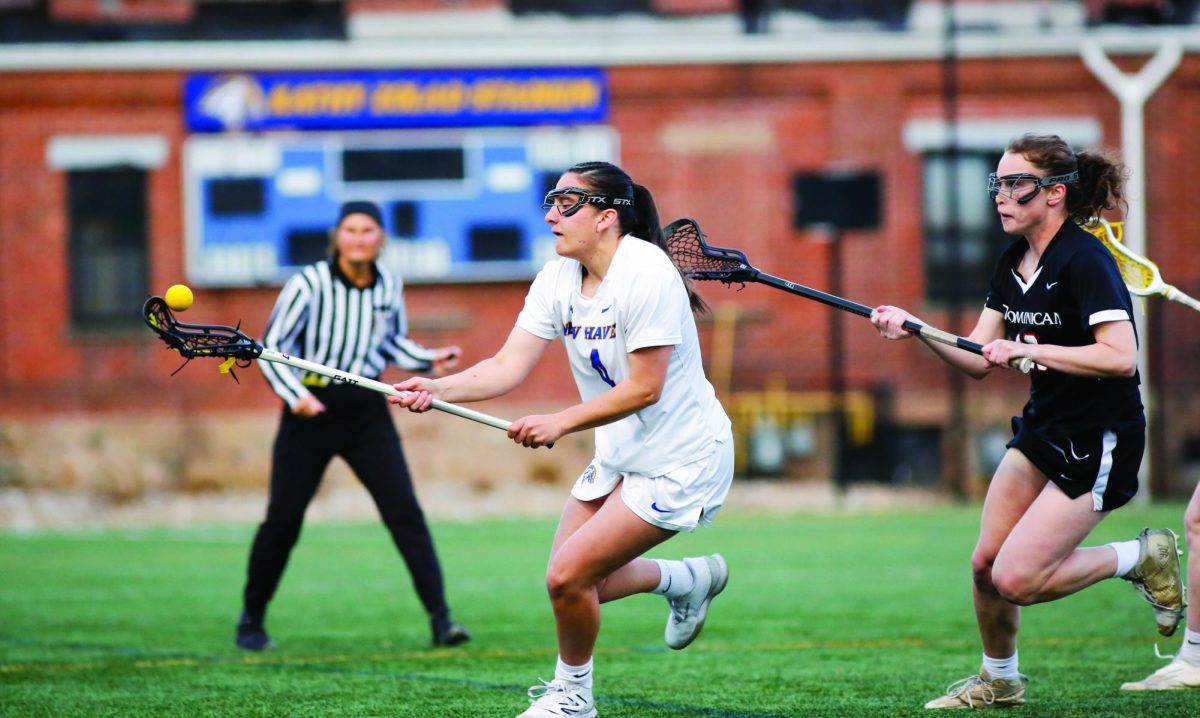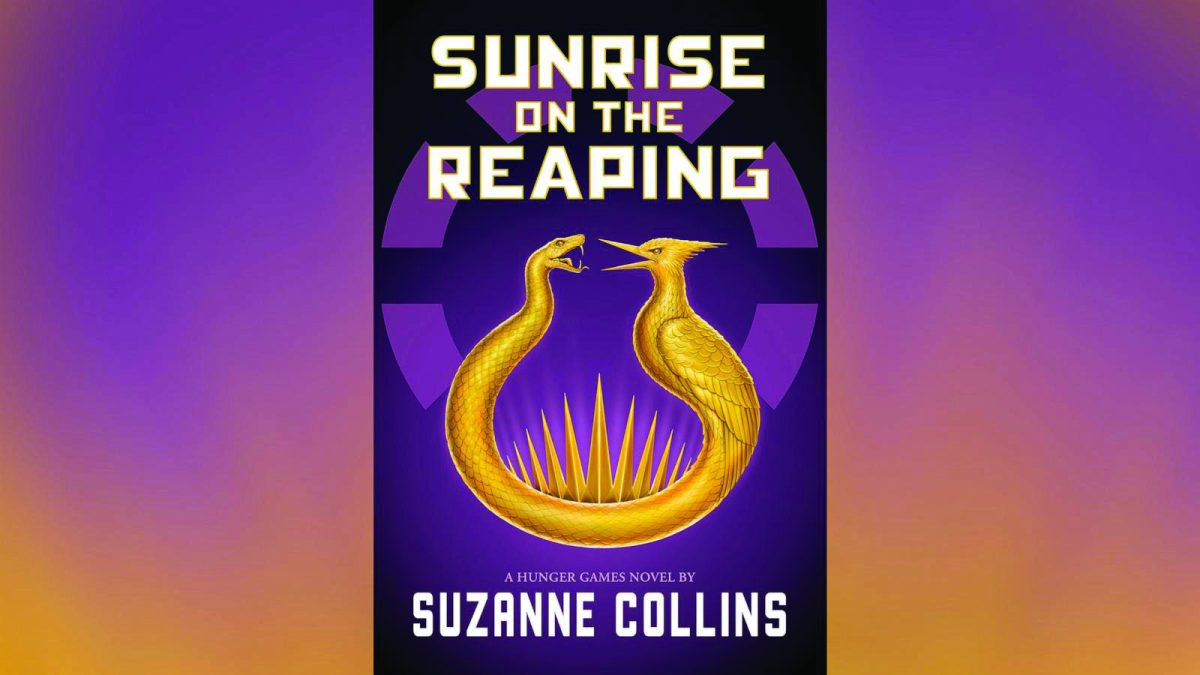In a study of Division I football players, 33% of injured athletes suffered from severe mental health symptoms.
Whether a junior high, intramural, collegiate, or professional athlete, many struggle with mental health in part because of excessive pressure to succeed.
Adding to those expectations there are unexpected and inevitable injuries that can cost athletes their careers. While many athletes see this immediate halting as a negative stage or ending to their sports career, this unwanted journey has brought together a community of athletes to portray the light at the end of the road.
Losing the eligibility to play is not necessarily the end of the world. Beyond the hopelessness, there are ways to modify and have a positive outlook.
When athletes endure an injury, many take the next step of rehabilitation and prepare to get back in action. While so much focus is on the athlete’s physical state, the impact these injuries have on their mental health is often overlooked. A recent National Library Medicine study said there is little understanding of how to address sports injury- related traumatic stress disorder. In many cases, this means it is difficult to diagnose or treat the mental symptoms that athletes face. The article said that athletes who experience sports injuries often experience mental health issues which can affect the rest of their athletic career.
Unable to compete in their designated sport, athletes question their worth or purpose after losing such a major aspect of their lives. Athletes spend crucial amounts of time pouring dedication into their sports which leads it to becoming an important part of their identity. Contemporary Pediatrics said that sports also act as a ‘social outlet’ for athletes since they grow with their teammates which portrays the further impact that injured athletes face.
“Any athlete who experiences a career-ending or season-ending injury is likely to feel significant loss and grief and develop depression, anxiety, or traumatic stress,” said Contemporary Pediatrics.
As there is a damaging impact on the mental health of injured athletes, some injured athletes have shown there is a light at the end of this dark journey.
In a Michigan Medicine video, Uriel Zeit, a University of Michigan student athlete on the men’s soccer team, interviewed former Univ. of Michigan basketball player, Jaylen Llewellyn, on the story behind his injury and the instant impact it had on his mental health.
Early into his first season with Michigan as a graduate student, Llewellyn tore his ACL in a game against University of Kentucky. He recalls feeling confused and stressed. Llewellyn said he was unsure how to make the transition of life without basketball and when he was able to get back into playing, he was plagued by thoughts of not being able to get back to his best.
In the interview Llewellyn said, “I was just trying to remind myself I’ve done it before, I can do it again.”
But with the support of his teammates and his relatives, Llewellyn said he was able to take note of the experience and push himself to find his passion and excellence within basketball again. He also took advantage of the resources provided at the school, including school counselors who helped him learn different strategies to get back in the right mindset. After almost a year of missing play, Llewellyn earned back his eligibility and competed in the 2023-2024 season where he scored a season high.
He is now preparing for his first professional basketball season. Llywelyn is one of the many athletes impacted by both the physical and mental issues related to an injury in sports. While constantly facing a mindset battle during his time in recovery, he kept his determination to get back in the game and turned this unwanted journey into an inspirational story.
The mental health of all athletes, let alone those who are facing an injury, is an important topic that needs consistent advocacy. While this major loss of your identity may seem like the end of the road, there are resources around that will guide you to the hopeful outcome of this experience. You are not alone.








